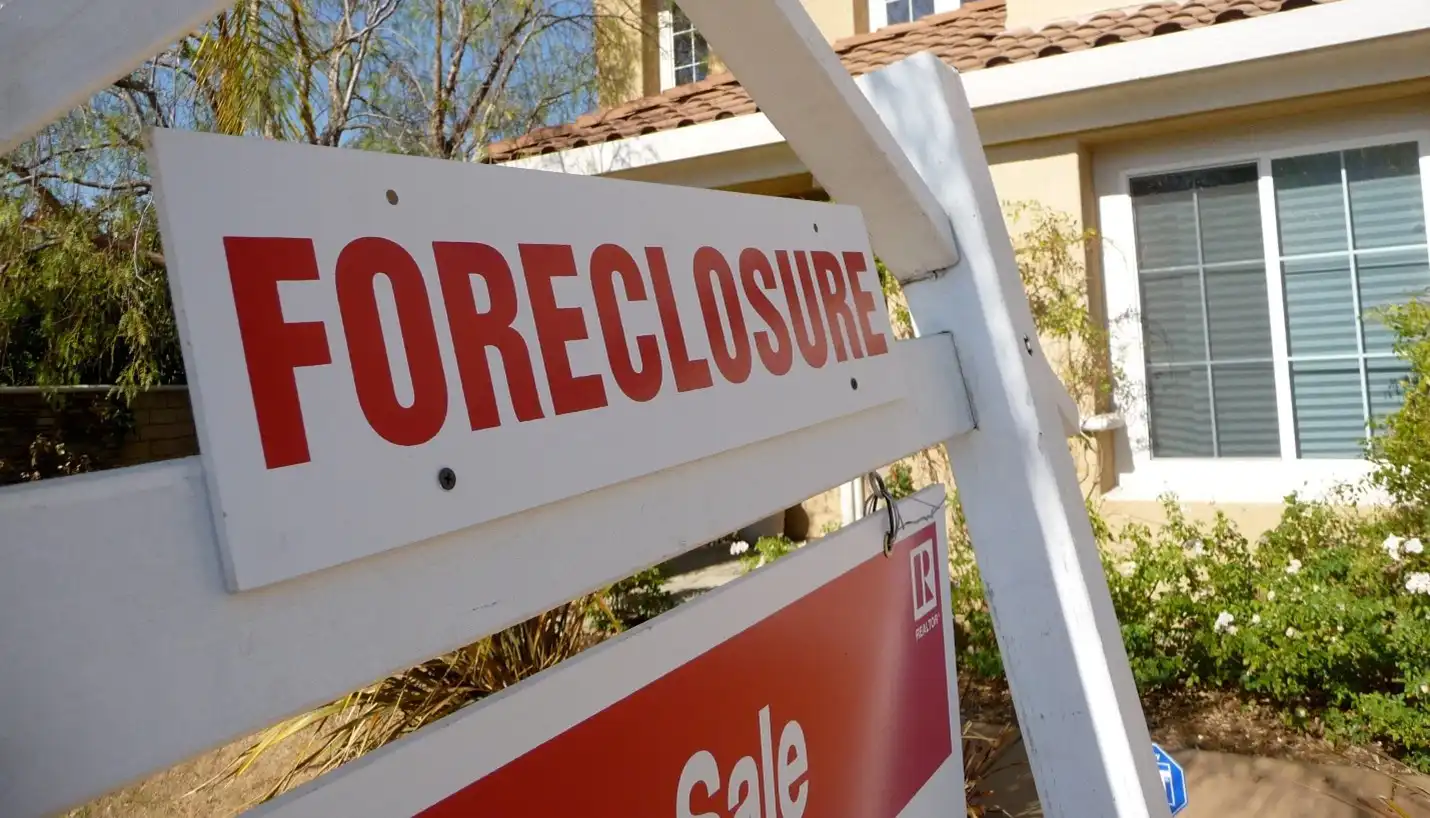
If you own a home, you can use it as collateral and borrow money. The lenders may then place liens on your title, representing that money you have to repay. The classic example involves taking out a mortgage against the value of a home you want to buy. You must repay the home loan, or the lender can take your home in a foreclosure action.
Other companies — such as building contractors — can use liens to stake a claim on your title, too.
But some lien holders are more strongly motivated to foreclose than others are. This is because some creditors beat out others in lien priority.
Would a Building Contractor Actually Try to Foreclose on My Home?
If you do not pay for construction work as promised, the contractor may:
- Threaten to file a mechanic’s lien on your title on a certain date.
- File the lien with the county or city in the required time frame (for example, after the bill is six months past its due date).
- Sue for enforcement of the lien in a timely manner as required by state law.
- Foreclose on the lien if the suit is successful, forcing a sale of your home.
The contractor could do all this, but probably won’t — unless it has lien priority. If other lien holders have priority, they get first crack at the foreclosure proceeds. So the other lien holders could get paid and the contractor could come out with nothing — even though the contractor took the time to initiate the foreclosure.
But if the contractor does file a lien, this could be costly to address, and it’ll have to be resolved (unless the lien expires) before you want to sell or refinance the home.
And If the Lien Is Unreasonable?

Maybe you believe the work was not carried out according to your agreed-upon terms. If so, you can have an attorney send a demand letter to the company. You might ask for a refund of payments you’ve made so far, and possibly for funds to cover quotes for any needed reconstruction. You may additionally file a complaint with your state licensing department against the contractor.
Depending on the amount involved, a lawyer will have further advice for possible legal actions. First, the lawyer will review the law on mechanics’ liens in your home’s state, and whether the contractor followed all notice and timing rules.
If legal procedures were followed, the strength of your position could rest on:
- Whether the work that was done adhered to local codes and standard construction practices.
- Whether the contractor (and you) met the terms of your legal agreement.
As long as you signed a contract with the company, you do have a set of contractual rights. But you also have the duty to pay the contractor for completed work in most cases.
Which of Your Creditors, If Not the Contractor, Would Get First Dibs in a Foreclosure?
The priority of liens establishes who gets paid first (or at all) after foreclosure. A first lien gets first dibs on proceeds from the sale. Any leftovers go to the second lienholder. A lienholder with a low priority might get zero.
Generally, the first lien recorded on your title gets priority over anyone who records a lien later. The “first in time, first in right” concept is a time-honored default rule.
But states also carve out exceptions to the rule.
Under your state’s law, priority may go to homeowners’ associations. This is because states can create super lien status for certain debt collectors. Then, their liens cut in front of parties with earlier recorded liens. In this way a homeowners’ association, for example, could get its money back ahead of a mortgage lien holder.
Governments can impose liens and they can also foreclose on property over unpaid back taxes. Tax liens often get first priority over prior liens. Indeed, if there’s a tax lien, we can assume that the government will get its money.
Watch out for liens to recover past-due property tax balances — not just state and federal tax liens. Local governments can impose and foreclose liens to recover unpaid taxes.
Scissors, Paper, Rock… Who Beats Whom?
Original mortgages create liens. A first mortgage often beats out every subsequently recorded lien. Say you can’t keep up with monthly mortgage payments. Your main mortgage lien holder could decide to foreclose and recoup all of its debt from the proceeds of your home’s sale.
A second mortgage, a home equity loan or a home equity line of credit typically comes next in line to recover what you owe. So, if there are more than enough money from the foreclosure sale to pay back the mortgage company in full, then what’s left of the proceeds will go to the second mortgage company.
Then come judgment liens, which represent money you’ve been ordered to pay by the courts. If there are any funds left over when the above lenders have their funds, then that remaining money goes to pay off the judgment lien.
Or maybe not. Mechanic’s liens, recorded by companies demanding payment for work or materials, might get pushed ahead in the line by your state’s laws. There’s even a pecking order within the construction groups. Paying workers and subcontractors usually takes priority over resolving a general contractor’s lien.
Note: Contractors in some states file preliminary lien notices when materials are dropped off or construction starts. These notices of commencement establish a date for a possible future lien. The lien keeps its priority all the way back from commencement, so that later liens don’t slip in ahead of the mechanic’s lien.
What about any dues or fines you still owe your homeowners’ association (HOA)? To find out the position of HOA liens, check the language in the property’s governing documents. The state might let HOAs jump ahead of others, as explained above.
Some foreclosure sales don’t bring in enough money to pay everyone. Low-priority lienholders lose out. But borrower beware! That doesn’t mean they’ll stop their debt collection efforts. Your state might allow creditors to sue you for breach of contract, freeze your assets, or garnish your wages.
What about money left over after all lien holders are satisfied? Surplus proceeds from foreclosure sales belong to the distressed borrowers. Governments should say “no” to equity theft at the expense of vulnerable deed holders, the Supreme Court recently held.
And There You Have It.
Or… at least you have a general idea of the complexities in lien law. Consult a local lawyer with experience in real estate if you need individualized legal guidance.
Supporting References
Internal Revenue Service via IRS.gov:Understanding a Federal Tax Lien (last reviewed or updated Feb. 18, 2025).
Brendan A. Sweeney for Sweeney Law, PA (Fort Lauderdale, Florida) via SweeneyLawPA.com: Don’t Foreclose a Lien Unless You Understand Lien Priority (Dec. 7, 2022).
Pacific Legal Foundation, via HomeEquityTheft.org, Deeds v. Liens – Homeowners Can Lose in Both Tax Deed and Tax Lien States (2022).
And as linked.
More on topics: Surviving foreclosure, Avoiding foreclosure
Photo credits: Respres, via Flickr, licensed under CC BY-SA 3.0 Generic; and Nick Youngson, via Pix4Free, licensed under CC BY-SA 3.0 unported.
